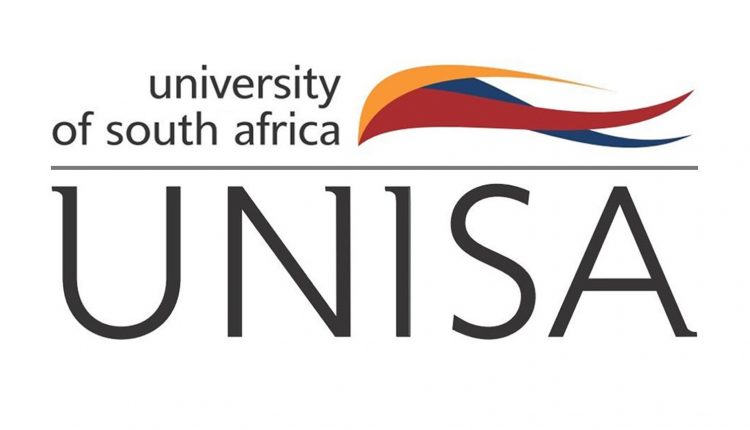University of South Africa: Empowering research activities in higher education institutions
Unisa is committed to making research accessible to the societies it engages with. With multi- and transdisciplinary research being at the core of all activities at the College of Graduate Studies (CGS), there is a need to advance ethical, impactful, high-quality research that will respond to societal challenges. Therefore, every aspect of research needs to be considered carefully. In addition, research methods and tools need to be fit for the purpose.
In response to this mandate, the School of Interdisciplinary Research and Graduate Studies (SIRGS) in the CGS recently hosted an informative interdisciplinary seminar through a collaboration between Elsevier and the UNESCO-Unisa Africa Chair in Nanoscience and Nanotechnology. Prof Malik Maaza facilitated a space where the Unisa community could be empowered with knowledge and information about current research activities in higher education.
Daneshree Moodley
Daneshree Moodley, a Core Consultant at Elsevier, gave a key presentation on publishing research. She provided information about multiple factors concerning publishing. These factors include reasons to publish, research planning, online resources that assist with research publishing, the Currency Relevance Authority Accuracy Purpose (CRAAP), which is used to determine the trustworthiness of material, common problems in submissions, a recommended structure of a research article and what leads to acceptance of manuscripts.
The CGS provides a unique range of master’s and doctoral research opportunities, while the SIRGS develops training programmes to equip students with necessary research skills.
The UNESCO-Unisa Africa Chair in Nanoscience and Nanotechnology, in South Africa, is also rooted in promoting research and emerging scientists as members of a multi-skilled future workforce and future leaders. It also provides multidisciplinary training to these scientists to ensure they can impact various fields of the economy. Currently, the UNESCO-Unisa Chair in Nanoscience and Nanotechnology is one of the most highly cited scientists on the African continent.

